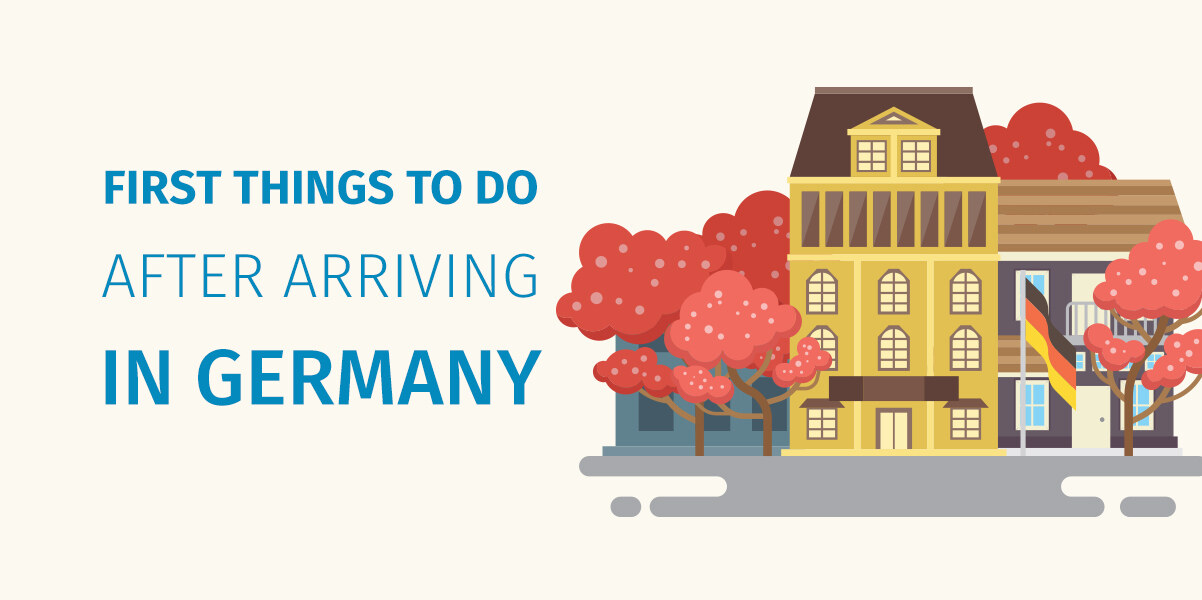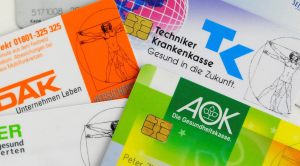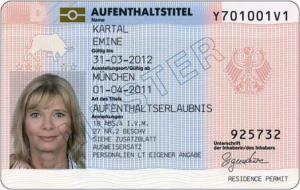Important things to do after arriving in Germany
Moving to Germany can be exciting and intimidating at the same time. The first question many of you may have is: “What are the important things to do after arriving in Germany”. Being very new to the country, it will be difficult to figure out the important steps without proper guidance. This post will list 8 important things you should do after moving to Germany for the first time.
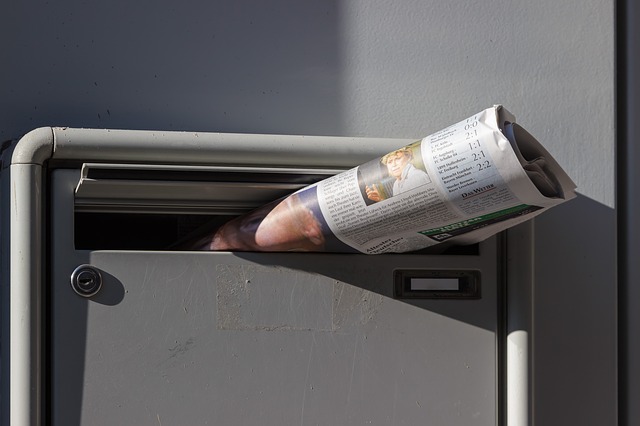
1. Name on doorbell and postbox
All official communication in Germany happens through letters. Make sure your name appears on the doorbell and post box; otherwise you will not receive any posts or parcels.
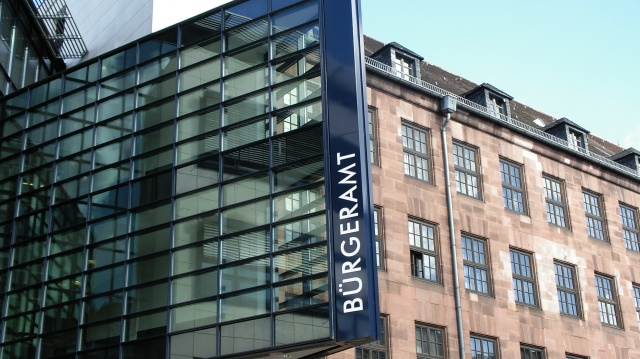
2. Register your residence (Anmeldung)
Registering your residence is required by law and is free of charge in most federal states. Some places, however, charge a small administrative fee. For example, anyone moving to Hamburg has to pay 12€ when registering for residence [1]. You must register your residence within 2 weeks of arrival [2]. Failing to do so on time, may incur you a fine and/or further complications. The same is valid for every time you move into a new place within Germany.
You can register your residence at the Einwohnermeldeamt (a.k.a. “Bürgeramt” or “Bürgerbüro”). Rathaus of the city/town/village you live in. Enter you PLZ here [3] and click “Abschicken” to find the address of your concerned Bürgeramt.
The following documents must be submitted:
- Duly filled registration form (Anmeldeformular). You can download the Anmeldeformular from the Rathaus website or get one a copy at the Rathaus itself.
- Identity card(s) of the person(s) to be registered (Pass / Personalausweis); for example, passport in case of Non-EU citizens.
- A written confirmation from your landlord (Wohnungsgeberbestätigung) [4]. An example of Wohnungsgeberbestätigung can be found here [5].
Note: Wohnungsgeberbestätigung should be signed by your landlord.
To be on the safer side, take the Rental agreement (Mietvertrag) as well.
- Some cash, just in case.
You will receive an Anmeldebestätigung on registering at the Einwohnermeldeamt. This is a very important document. Keep it safe!
Hint: Many Bürgeramt allow you take a fixed appointment online to register your residence. This can save you quite some waiting time.
3. Bank Account (Bankkonto)
To open a bank account you will need
- Anmeldebestätigung from the Einwohnermeldeamt
- Identity card(s) of the person(s) to be registered (Pass / Personalausweis); for example, passport in case of Non-EU citizens.
Some popular banks in Germany are Sparkasse, Deutsche Bank, Volksbank, Postbank, Commerzbank. Banks like N26 which allow you to control your finance with a mobile app are also getting popular. You can get an N26 bank account online by clicking here.
Activate blocked account (Students): For students who have already opened a blocked account while in their home country, should visit their bank and open the blockage on the account. You will need the same documents as above. In addition, you may also need a transfer confirmation letter that you would have got while opening the blocked account in your home country.
4. Complete study/work related formalities
- For students: Get in touch with the university and finish the admission formalities. For example, you may need to fill up the enrollment form, pay the semester fees, provide proof of health insurance, etc. Usually, universities will provide you with an enrolment certificate (Studienbescheinigungen) that states your course name and duration. Studienbescheinigungen maybe needed to register with a public health insurance provider as a student and to apply for the visa extension.
- For employees: Get in touch with your company and finish the job contract related formalities, if any are remaining. For example, you may need to submit a tax card (lohnsteuerkarte) from the tax office (Finanzamt) that states your tax number (steuernummer) and tax class, confirmation of health insurance from your Krankenversicherung, Sozialversicherungsausweis, etc.
5. Health Insurance (Krankenversicherung)
It doesn’t matter if you are a student or a self-employed person, health insurance is compulsory for all residents in Germany. There are two kinds of health insurance:
Public statutory health insurance (Gesetzliche Krankenkasse)
Any person whose gross income is less than 59.400€ per year [6] needs to be insured under a public statutory health insurance scheme. This type of insurance is also suggested for students. There are three main providers: Techniker Krankenkasse (TK), AOK and Barmer GEK. I suggest TK for non-german speakers as it has most English language resources available on their website. Each health insurance provider at least covers all the basic medical care. That is, any medical care that is needed is free, but any optional medical care might have to be paid for.
Private health insurance (Privat Krankenversicherung)
This is only an option if your income is greater than 59.400€ per year or if you are a freelancer, self-employed, or working part-time with a salary less than 450€ a month. Private insurance is more expensive than public ones. But, the advantage here is that you can get more extensive coverage.
You can register with a health insurance provider either online or by visiting their outlet. In addition to personal details, you will need to provide details of any previous German health insurance you were enrolled in, bank details (for direct debit) and a passport size photo. Students may need to submit a Studienbescheinigungen (enrolment certificate) as well.
Please Note: Comma(,) is used as the decimal separator in Germany. While the dot (.) is a thousand place separator.
6. Appointment for a Residence permit (aufenthaltserlaubnis)
If you are traveling to Germany on a visa and plan to stay in the country for a longer duration (more than 3 months for most non-EU citizens), you will have to apply for a residence permit within the first three months of your arrival. You can apply for a residence permit at the foreigner’s authority (Ausländerbehörde) of your city/town/village.
It is advisable to take an appointment at the Ausländerbehörde as soon as possible. Many ausländerbehörde provide appointments online. When you receive an appointment, you will also be given a list of documents needed for the residence permit. The list of documents will vary depending on the type of residence permit you are applying for.
7. German sim card for mobile phone (handyvertrag)
It may be cheaper to buy a German sim card instead of paying roaming charges to your existing mobile phone provider. You can get either a prepaid or a postpaid phone contract. Vodafone, O2, T-Mobile, Base, etc are the some of the largest providers in Germany. If you are younger than 28 years of age, inquire about Junge Leute plans from the operator.
You can check rates of service providers here: Check 24 Handy Tarife





8. Utilities
You will need to set up Utilities like Electricity (Storm), water (Wasser), Gas, Internet etc. as required. If the landlord takes care of them then take a note of the meter reading for each of them. If the landlord doesn’t set them up, then you are responsible for it.
You can look for cheap contracts for electricity and gas at Check 24 Storm and internet at Check 24 DSL
The post continues below…
Before I make my last point I would like to say, We love you because you are awesome. Download our Android app from the Google Play store to get all the information about, living, studying and working in Germany all in one place.
Some further advice:
- Gather information about public transport in your city.
- It is expensive to own a car in Germany. You may want to get a public transport pass
SEE ALSO: Owning a car in Germany – Cost Estimation
- Explore the neighborhood – find out where the supermarkets and other shops are situated.
- You may want to get additional insurance like Haftpflichtversicherung (third-party liability insurance), Hausratversicherung (household contents or home insurance), Rechtsschutzversicherung (legal assistance insurance), etc.
- Attend university or company organized events, local festivals and events, introduce yourself to the neighbors, etc. Websites like Meetup, Expat.com, Internations.org, Couchsurfing provide good opportunities to meet expats and locals.
- Enroll in a German integration (language) course.
- If you are living in temporary accommodation, start looking for a better accommodation right away.
- For a detailed overview on how to find an apartment in Germany please check: How to find a new apartment in Germany
- What should I know before signing a rental contract in Germany?
- For Students:
- Check out the advantages of being a student in Germany. A list of things that you can get for free or at a reduced price as a student.
- Students packing list for Germany
More from Study in Germany
FAQs about Studying in Germany | Airports | Preparation and Arrival | Masters | Bachelors | PhD | Student in Germany | Life in Germany | Part-time Jobs | Working in Germany | Driving in Germany | Housing in Germany | Integration | Comparisons between Countries | Traveling in Europe
Leave a Comment

